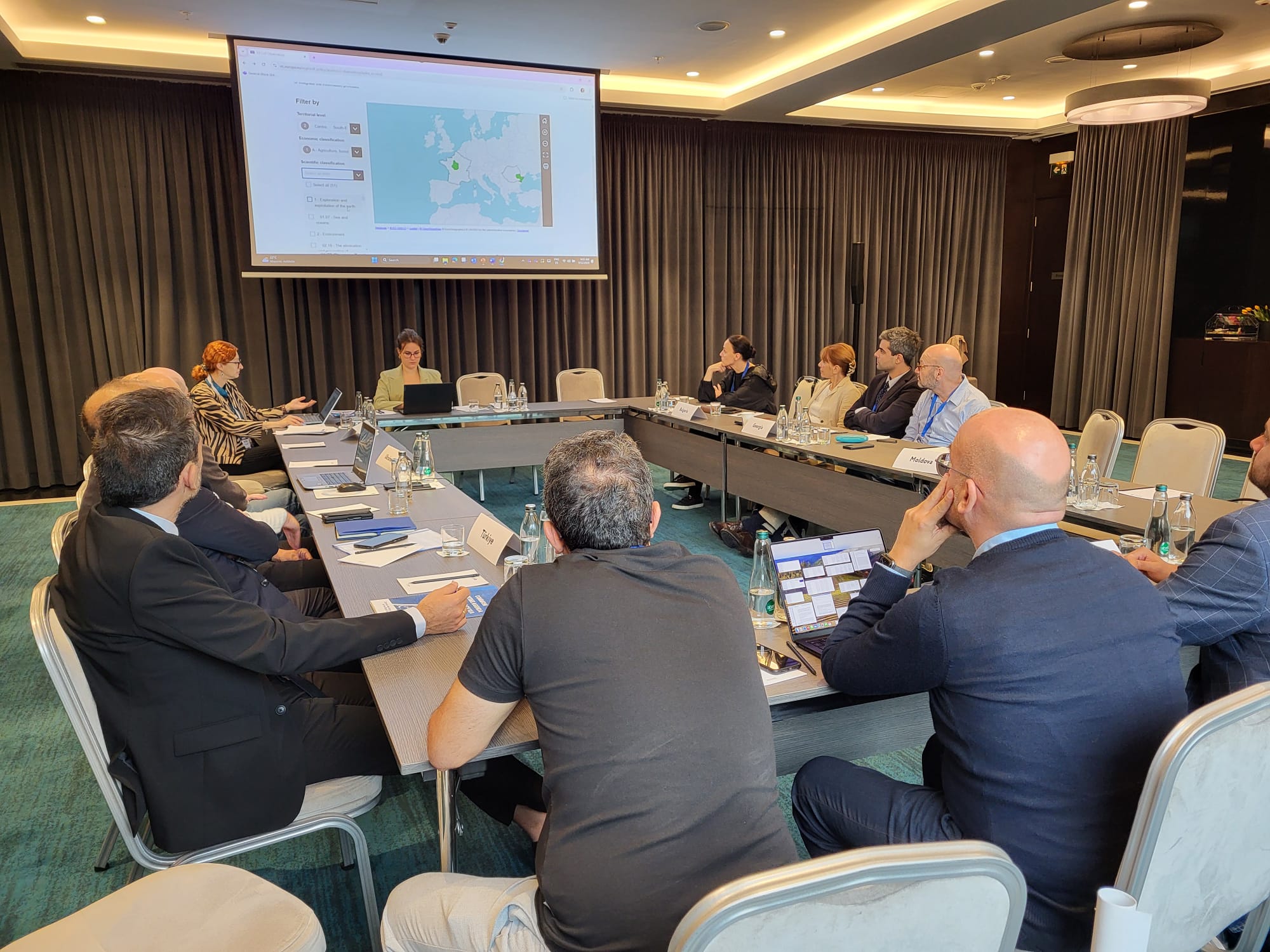On 12 September 2024 a meeting of the technical group on Sustainable Aquaculture took place in Chișinău, Moldova, complementing the Annual Black Sea Stakeholder Conference 2024. National experts and observers from Bulgaria, Romania, Georgia, Türkiye, and Ukraine convened to discuss policy recommendations, research topics, and future project proposals.
During the discussion several core priorities were identified, including the implementation of high-intensity technology in aquaculture, assessment of the environmental impacts of aquaculture farms, monitoring of physical-chemical parameters, species diversification, legislative challenges, and the promotion of aquaculture best practices and social acceptance. The upcoming European Maritime, Fisheries, and Aquaculture Fund (EMFAF) call on Smart Specialisation and regenerative ocean farming, was highlighted as a key opportunity to revisit these initiatives and potentially collaborate with the WestMED sister technical group, AquaWest.
Moreover, experts proposed several additional initiatives, including pilot case studies for various species, monitoring the impact of aquaculture farms on Natural Protected Areas, introducing the Aquaculture Management Area (AMA) concept, assessing the impacts of climate change, and forecasting trends for the Black Sea region over the next 10, 15, and 25 years. Other proposals include sharing best practices on Aquaculture Zone Allocation (AZA) among the countries, supporting small-scale aquaculture, and enhancing digitalisation in the sector. Moreover, the Smart Specialisation Community of Practice (S3 CoP) and its Sustainable Blue Economy Platform were presented as a valuable resource to help structure partnerships and project proposals more effectively.
Additionally, a policy recommendation document was discussed and refined, focusing on proposed recommendations and timeline for implementation. To conclude, the Black Sea Assistance Mechanism (BSAM) emphasised the strong interest from the participating countries in continuing to develop and pursue joint projects for aquaculture in the Black Sea region. The sector is very dynamic, particularly concerning legislation and governance, demonstrating significant potential and support within the region. The connections with the work carried out by the General Fisheries Commission for the Mediterranean (GFCM) and AquaWest will be maintained and strengthened to align efforts and share best practices.


